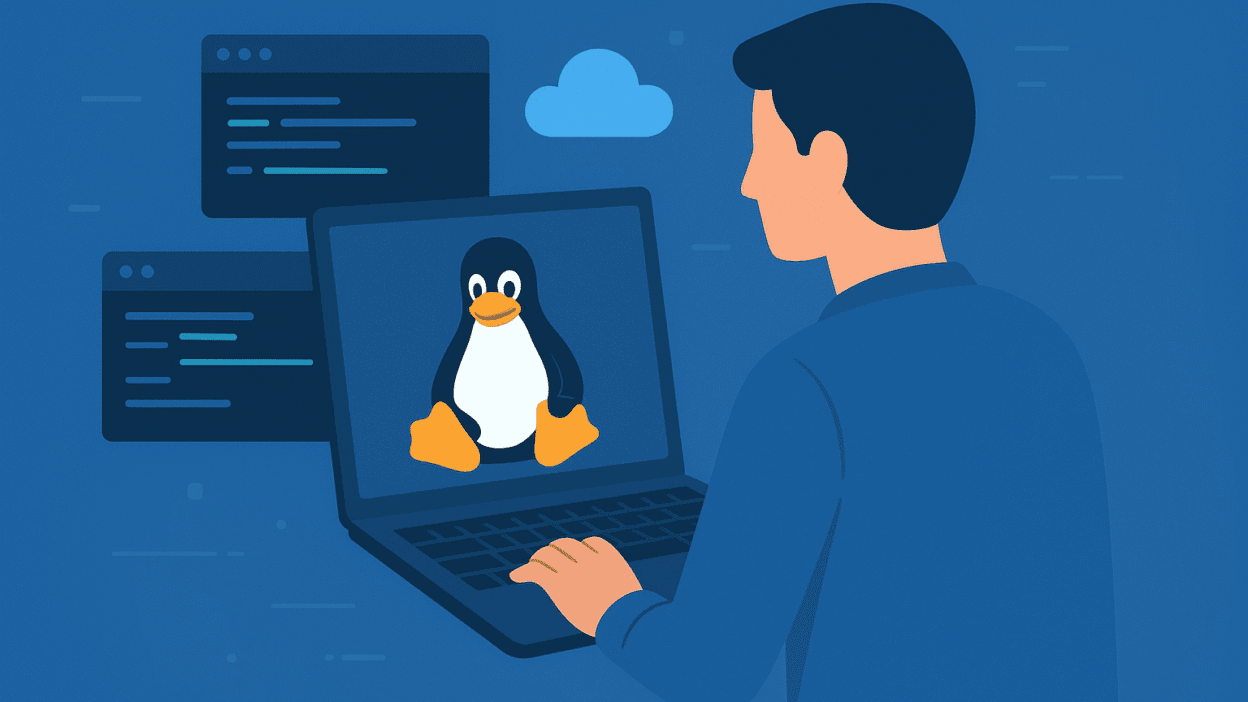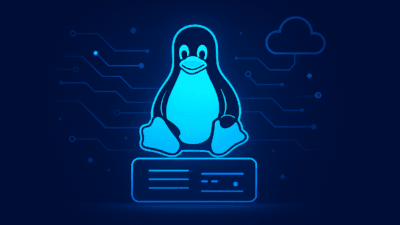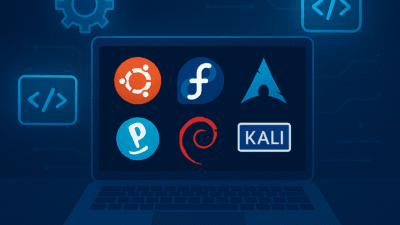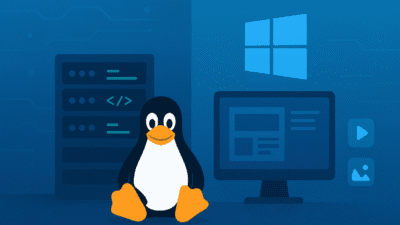
Linux has always held a special place in the hearts of developers. Even in 2025, it continues to dominate as one of the most powerful, secure, and flexible operating systems for programming, system administration, DevOps, and cloud computing. With rapid advancements in open-source technology, Linux has only become more relevant, especially for those looking to build scalable, secure, and future-ready solutions.
Open Source Freedom
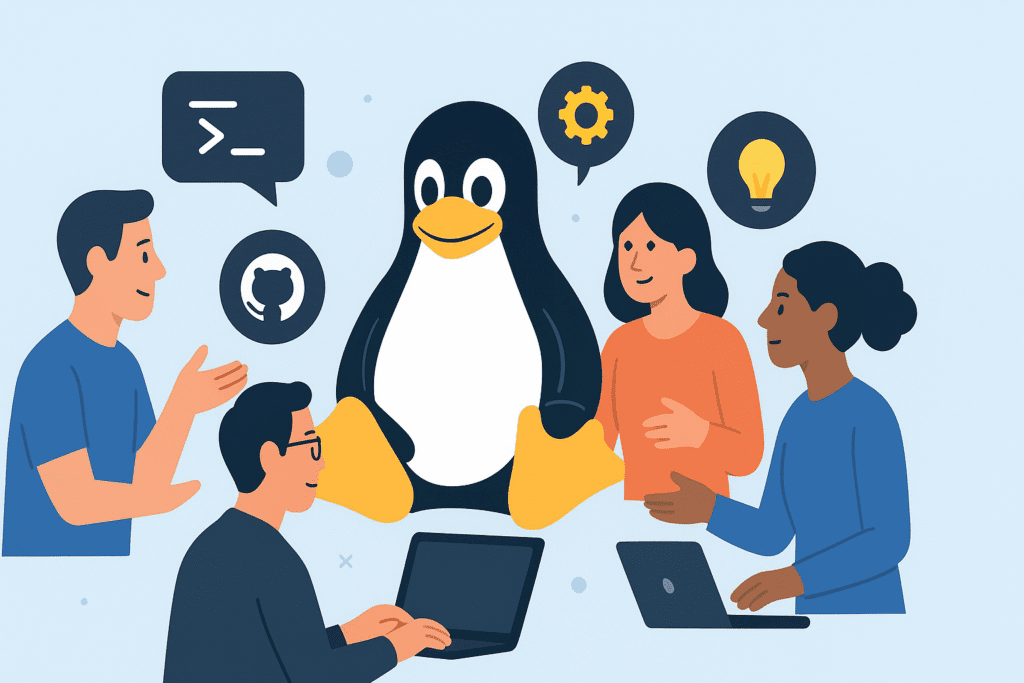
One of Linux’s strongest appeals lies in its open-source nature. Developers are not bound by licensing restrictions or vendor lock-in. This flexibility means you can tweak, customize, or even build your own Linux distribution tailored to your needs. Unlike Windows or macOS, Linux allows full control over your environment, making it a true developer’s playground.
Stability and Performance
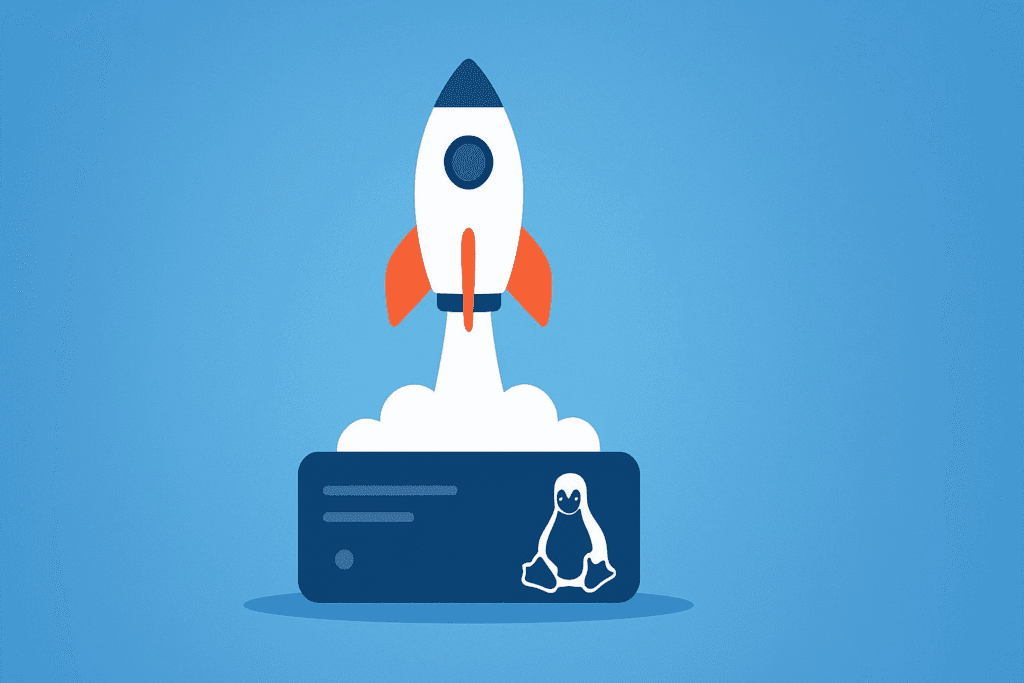
Linux systems are known for their rock-solid stability. Developers working on long-term projects or running servers benefit from uptime that often spans months, if not years. This reliability, coupled with its efficient resource management, ensures Linux performs smoothly even on older hardware.
Security Advantage

In an era where cybersecurity is more critical than ever, Linux offers robust protection. Its permission-based access system, frequent updates, and strong community support reduce vulnerabilities. For developers working with sensitive code or deploying cloud infrastructure, this level of security is invaluable.
Rich Ecosystem of Tools
Linux supports nearly all programming languages and frameworks — Python, Java, C++, Go, Rust, Node.js, and more. Package managers like apt, dnf, or pacman make installing tools seamless. For DevOps and system administrators, Linux integrates perfectly with Docker, Kubernetes, Terraform, and other automation tools.
Cloud and Server Dominance
Over 90% of cloud servers run on Linux, making it the natural choice for developers aiming to build cloud-native applications. AWS, Google Cloud, and Azure all offer Linux as their default server environment. If you’re serious about cloud computing, mastering Linux is non-negotiable.
Endless Customization
Whether you prefer a lightweight distro like Arch or a user-friendly one like Ubuntu, Linux provides something for everyone. Developers can set up minimal environments with just what they need, or use full-fledged distributions with all the bells and whistles.
The Future of Linux
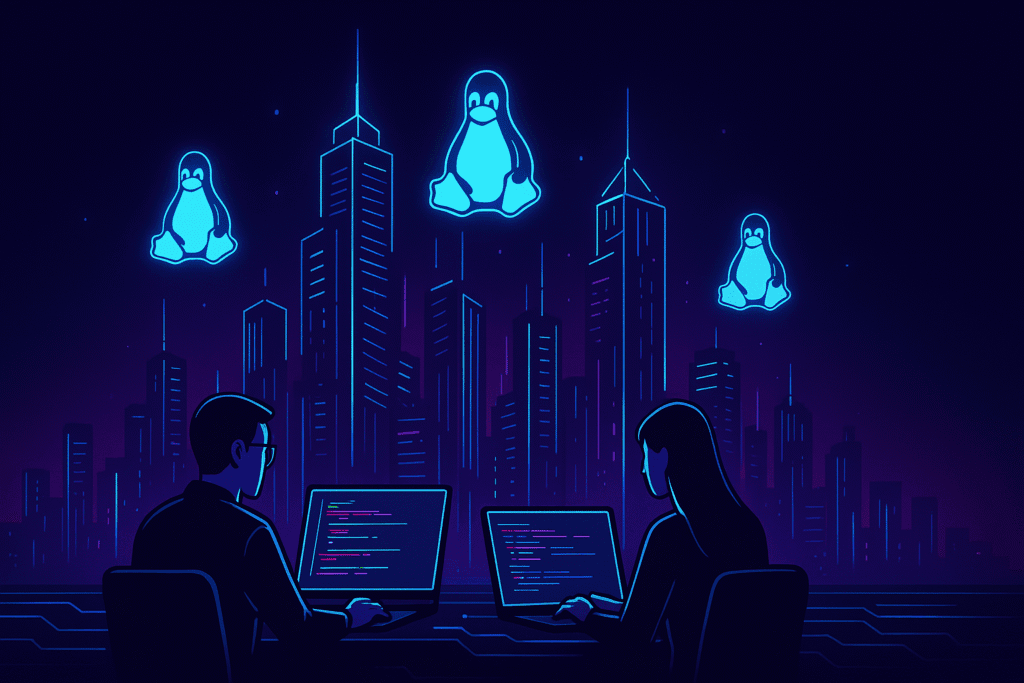
In 2025, Linux is not just an OS; it’s an ecosystem powering AI/ML research, containerization, IoT devices, and even gaming. As AI and DevOps continue to grow, Linux will remain the foundation for innovation.
Conclusion
For developers, Linux is more than just an operating system — it’s a philosophy of freedom, security, and limitless potential. In 2025, choosing Linux means staying ahead of the curve, whether you’re coding, deploying, or innovating.


